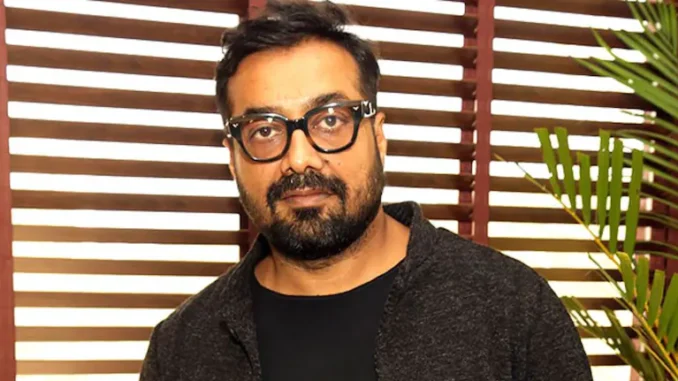
Acclaimed filmmaker Anurag Kashyap, known for his bold storytelling and fearless opinions, has once again stirred the conversation in the Indian film industry — this time by sharing his thoughts on the evolving relationship between filmmakers and film critics. Speaking at a recent event, Kashyap offered a blunt yet insightful take on how the significance of film reviews has diminished over the years for many directors and creators.
According to Kashyap, in today’s digital age — where public opinion is instantly visible through social media trends, box office numbers, and direct audience interaction — reviews no longer hold the same power or sway they once did. “Aaj kal filmmaker validation ke liye reviews nahi padhte (Filmmakers no longer read reviews for validation),” he said, adding that the days when directors anxiously awaited critic reviews post-release are fading away.
Kashyap pointed out that while critics still have a role to play, only a handful of them actually command genuine respect within the creative community. “Gine chune reviewer hain jinki respect hai (There are only a select few reviewers who are respected),” he remarked, emphasizing that respect is now earned not through star ratings or headline-grabbing remarks, but through consistency, knowledge, and an understanding of cinema beyond mainstream formulas.
Reflecting on his own experiences, the Gangs of Wasseypur director admitted that early in his career, reviews did impact him deeply. “There was a time when I used to be very affected by reviews — both good and bad. But over time, I’ve realized that if you let every opinion sway you, you lose your own voice as a storyteller,” he explained. According to Kashyap, the shift has been both liberating and necessary, as filmmakers today are being driven more by instinct, honesty, and audience feedback than critical acclaim.
He also noted how audience dynamics have shifted. “People today are more aware and vocal. If they like or dislike something, they’ll tell you instantly on Instagram, Twitter, or YouTube. That direct feedback has become more important than a newspaper review,” he observed.
Anurag also didn’t shy away from acknowledging that the rise of influencer culture and digital reviewers has diluted the essence of genuine film criticism. “Now everyone with a mic and camera can review a film. That’s not always bad, but it makes it harder to distinguish between a serious critic and a content creator chasing views. The space is cluttered, and it’s no longer about deep analysis but speed and sensationalism,” he said.
However, he was also quick to clarify that this doesn’t mean filmmakers don’t value critique at all. “Criticism is important. But only when it comes from someone who has taken the effort to understand what you’re trying to say, rather than ticking boxes or comparing your work to mainstream templates. I personally still respect a few critics — because they know cinema, they live and breathe it. But those are rare.”
Kashyap’s statements have sparked a discussion among both industry professionals and cinephiles about the role of film criticism in the streaming era, where success is now measured more by viewership metrics, virality, and fan conversations than critical acclaim. While his comments may ruffle feathers in some circles, they reflect a larger truth: the power dynamics between critics and creators have dramatically evolved.
As the lines blur between commercial and indie cinema, and as audiences take greater ownership of their viewing choices, Kashyap’s words underscore the growing confidence of today’s filmmakers — unafraid to follow their creative vision, regardless of critical judgment.
With projects in the pipeline and his legacy as a cinematic rebel intact, Anurag Kashyap continues to remain not just a voice in Indian cinema, but one that refuses to conform — on or off the screen.



